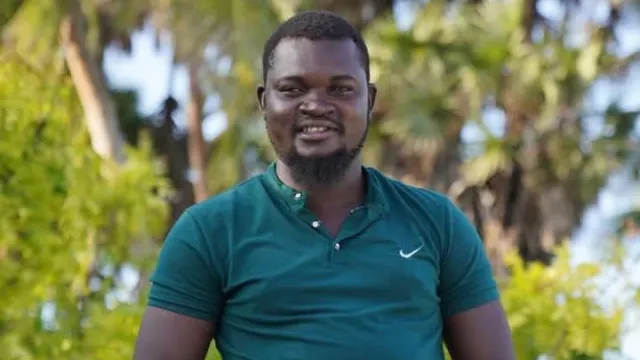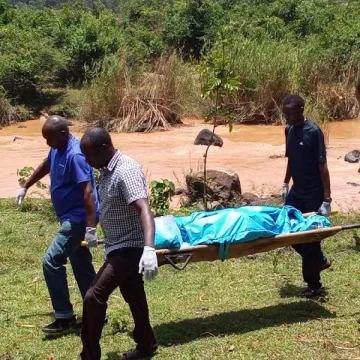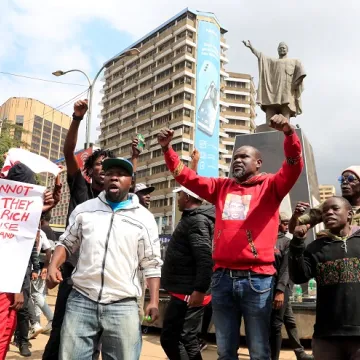Outrage in Senate as Ojwang’s death probe points to brutal police assault

Blogger Albert Ojwang who died in the hands of the police on Sunday.
The death of blogger Albert Ojwang while in police custody on Sunday has sparked a political storm and public outcry, with Senators demanding answers from top government security officials.
Autopsy findings presented on Tuesday disprove earlier police claims of a suicide, instead pointing to a violent death likely caused by multiple blunt force injuries and possible strangulation.
Appearing before the Senate on Wednesday, Interior Cabinet Secretary Kipchumba Murkomen, Inspector General of Police Douglas Kanja, and Directorate of Criminal Investigations boss Mohamed Amin faced tough questions over the handling of Ojwang’s arrest, detention, and unexplained death.
"You have the audacity to come and face the Parliament of Kenya and tell Kenyans: 'you don’t see and you don’t know.' For the respect of this young man, can you immediately resign? You are not fit to be in that docket," said Kakamega Senator Boni Khalwale, calling for CS Murkomen’s resignation during the heated session.
Post-mortem unravels police suicide claim
Ojwang, a vocal blogger known for his commentary on politics and governance, was arrested on June 5 in Homa Bay and transferred to Nairobi’s Central Police Station.
According to IG Kanja, he was held without formal charges and was reported to be “under observation” for signs of distress a day later. However, no medical attention was sought, and neither his lawyer nor his family was notified.
On June 7, he was reportedly found unresponsive in his cell, IG Kanja told Senators. Police claimed he collapsed and died after hitting his head against the wall.
But that account has been shredded by a post-mortem report conducted by government pathologist Dr. Bernard Midia. The report detailed extensive injuries: blunt trauma to the head, internal brain bleeding, a compressed neck suggestive of strangulation, broken cranial bones, bruises on both sides of his jaw, blood in the spinal column, and widespread beatings across his body.
“When we tie up together with other injuries that are well spread on parts of the body … including the upper limbs and the trunk … Then this is unlikely to be self-inflicted injury,” Dr. Midia told the press on Tuesday.
Murkomen, Kanja, and Amin face Senate fury
The Senate session grew tense as Senators pressed the Interior CS and security heads for accountability.
“Why was he taken to Mbagathi Hospital and not Kenyatta National Hospital, which is closer and better equipped?” asked Nyandarua Senator John Methu, raising suspicions over the decisions made following Ojwang’s collapse.
Further concern was raised by Independent Police Oversight Authority (IPOA) Vice Chairperson Anne Wanjiku, who revealed that CCTV footage from the Central Police Station—especially within the OCS’s office—had been tampered with. She confirmed to the Senate that preliminary IPOA findings “rule out the theory of suicide.”
The gravity of the revelations continues to worsen confidence in Kenya’s criminal justice system, especially in light of recent criticism over police abuse and custodial deaths.
Senators demand accountability
In response, CS Murkomen sought to calm growing tensions, stating: “We are committed to ensuring that everyone who was involved in the crime is brought to justice expeditiously and that no interference from any quarter is brought to bear on the investigation.”
But his assurances did little to quell the anger among legislators and civil society. The case has reignited calls for comprehensive police reform and stronger protections for detainees.
With the country watching closely, the pressure is now on investigative agencies to bring transparency, justice, and accountability in a case that has become a symbol of institutional brutality and impunity.





